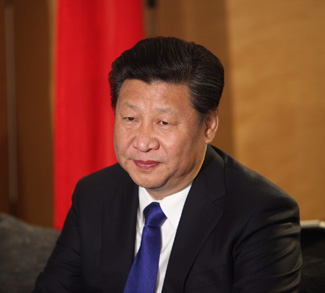Summary
China’s National People’s Congress (NPC) is expected to greenlight the establishment of a new anti-corruption agency called the National Supervision Commission. The commission seeks to expand the powers of the current anticorruption agency, which has figured prominently in Xi Jinping’s first term. A new National Supervision Commission would expand its mandate beyond the Party to include policing China’s public sector, putting some 60 million new people under its jurisdiction. It would also have the power to detain suspects for up to three months without access to a lawyer.
Chinese legal scholars are concerned about what the National Supervision Commission might mean for rule of law and the separation of party and state in China. Yet one of the most immediate impacts of the new commission would be to institutionalize President Xi Jinping’s anti-corruption campaign, cementing his influence over Chinese politics for decades to come.
Impact
Legal scholars nervous about new commission. Prominent legal scholars in Beijing and Shanghai have voiced their concern about the new commission. They argue that it will weaken rule of law by extending the power of arbitrary detention outside of the party (the current 3-month ‘disappearing’ law is justified primarily as an internal party discipline tool). They’re also concerned that it will weaken state institutions. Recall that the Chinese government is actually divided between state and Party; in many cases there are state institutions that mirror Party ones, albeit the state organs are mostly toothless. The national courts fall on the state side of the equation. However, the new National Supervision Commission would be a Party agency that is effectively encroaching on the state by superseding national law. This of course is in keeping with President Xi’s dictum that ‘the Party leads in all things.’




